While the Burundian dialogue is deadlocked, a summit of Heads of State of the sub-region is being held this Friday, 1 February. What can we expect from this session? Some of the answers.
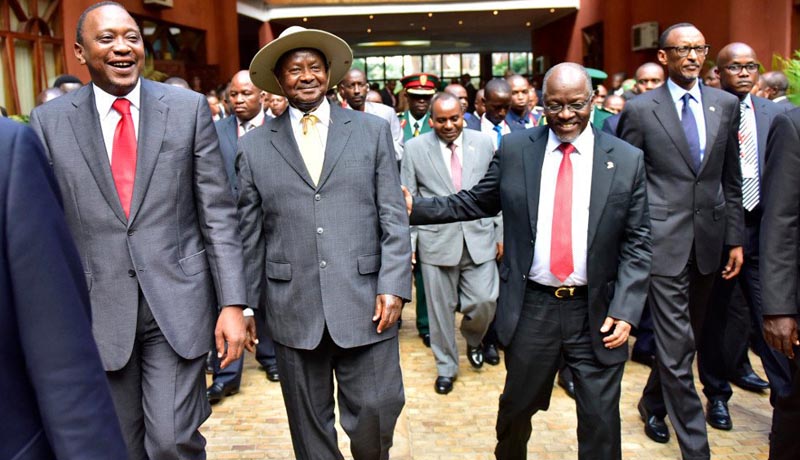
EAC Heads of State committed to discussing the Burundian crisis
Burundians have held their breath on the eve of the summit. Optimists speak of the summit of last chance. They hope that the Heads of State of the East African Community will end up demanding a frank dialogue between Bujumbura and its opponents. Benjamin Mkapa, Facilitator in the inter-Burundian dialogue had said in the last round that this fifth session would the last.
His last report highlighted an end of the dialogue which was boycotted by the government, the ruling party and its allies. Former Tanzanian President had also deplored requirements by Bujumbura government which wanted to be the player and the referee in the dialogue. In short, the facilitator expressed his disappointment.
The summit comes after an epistolary war between Museveni, President of the EAC and Mediator in the Burundian crisis and his Burundian counterpart, President Pierre Nkurunziza. The Ugandan President had basically said that the sub-region has the responsibility to help Burundi get out of the crisis and would not endorse a bitter failure because Bujumbura refuses to make concessions. A real turnaround of the situation when we know that since the outbreak of the crisis, the opposition has always denounced a complicity between the two Heads of State. The statements of the boss of the EAC suggested a real agreement between Kampala and Bujumbura.
His sensational statement at the last summit remains in the memories. He had taken a stand against the European Union sanctions on Burundi.
The big question is therefore what will be the position of Museveni and his acolytes. In any case, opposition leaders in exile demand more firmness from the sub-region by asking for sanctions to convince Bujumbura to engage in dialogue. They include Léonard Nyangoma, Léonidas Hatungimana, Alexis Sinduhije, Charles Nditije, Jérémie Minani and Chauvineau Mugwengezo. In a letter they addressed to President Museveni, they raised the spectre of civil war that risks affecting the sub-region.
Pessimistic people, meanwhile, think it is a meeting too many. They recall that the rounds of dialogue followed one another and the summits too. In the end, nothing moved on the side of the sub-region. Each state faces its internal problems and nobody will be actively involved in the Burundian issue. In the end, a smooth statement came out: “We are concerned … we engage the protagonists in dialogue … ” Statements that ultimately have no effect.”Without effect” as say the leaders of the ruling party taunting the opposition and the international community.
“The solution of the crisis will be found by Burundians themselves, it is not up to foreigners to solve it for us,” says former President Domitien Ndayizeye. Such rhetoric was repeated by several members of the Burundian political class, including Léonard Nyangoma who indicates that the sub-region can only accompany the efforts made by Burundians.
At this point, Bujumbura could accept another round of dialogue and assure the Heads of State of the participation of the government and the ruling party. On the other hand, Bujumbura announced that there is no question engaging in negotiations with coup plotters.
As part of the regional crisis management mechanisms, the EAC has been designated by the African Union to steer the inter-Burundian talks. Five dialogue sessions were held. In the end, the facilitator announced that the fifth session would be the last. The objectives of the facilitation were put on hold. They include helping the protagonists in dialogue to allow refugees and exiled politicians to return home and prepare for the upcoming elections in an inclusive and peaceful way.
In any case, Bujumbura is active on its side. The Constitution and the road map are in place. The electoral code is on the way. It is hard to say if the summit will slow down the government in the run-up to the 2020 elections.
Burundi-Rwanda conflict on the agenda
The issue of tense relations between the two neighboring countries will be discussed and is part of the agenda of this Friday session. President Nkurunziza decided to make the clean breast of the issue and mentioned Rwanda as the enemy of Burundi.
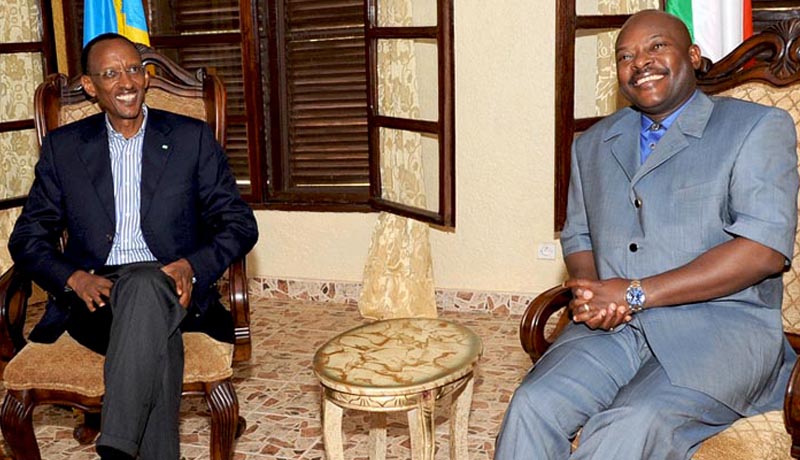
From left to right, President Kagame and President Nkurunziza before relations between the two countries broke up.
According to him, Rwanda recruited and supported Burundian refugees who then tried to destabilize Burundi. In his correspondence of 4 December to the President of the EAC, he also called for a special summit to resolve this dispute which undermines the relations between the two members of the community.
Questioned, the former President of the Republic, Sylvestre Ntibantunganya ensures that when a country says to have problems with another, “it should be taken seriously”. EAC Heads of State must have a common vision and manage relations between states in the region to develop harmony and common vision.
“If there is a problem between two countries, the urgency is to help them move forward rather than helping a country manage its internal problems.”
As for UPRONA party, it hopes that the Burundi-Rwanda conflict will find a solution in this summit. Abel Gashatsi, President of this party, also wants the issue of refugees to be addressed so that they return to prepare for the 2020 elections.
As for President Museveni, he confirmed to his counterpart Nkurunziza that the summit will address this Burundi-Rwanda conflict. For him, the security and stability of the EAC condition the development of the common market.
Written by Agnès Ndirubusa and translated by
Pierre Emmanuel Ngendakumana

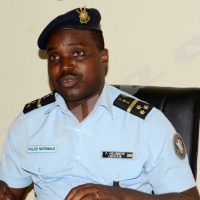
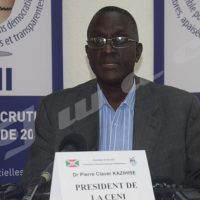
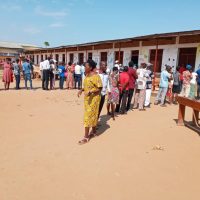
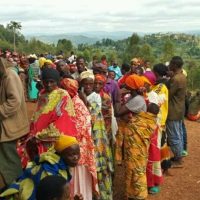
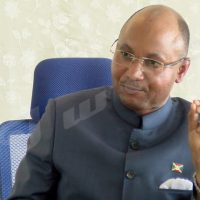













 IWACU Open Data
IWACU Open Data

